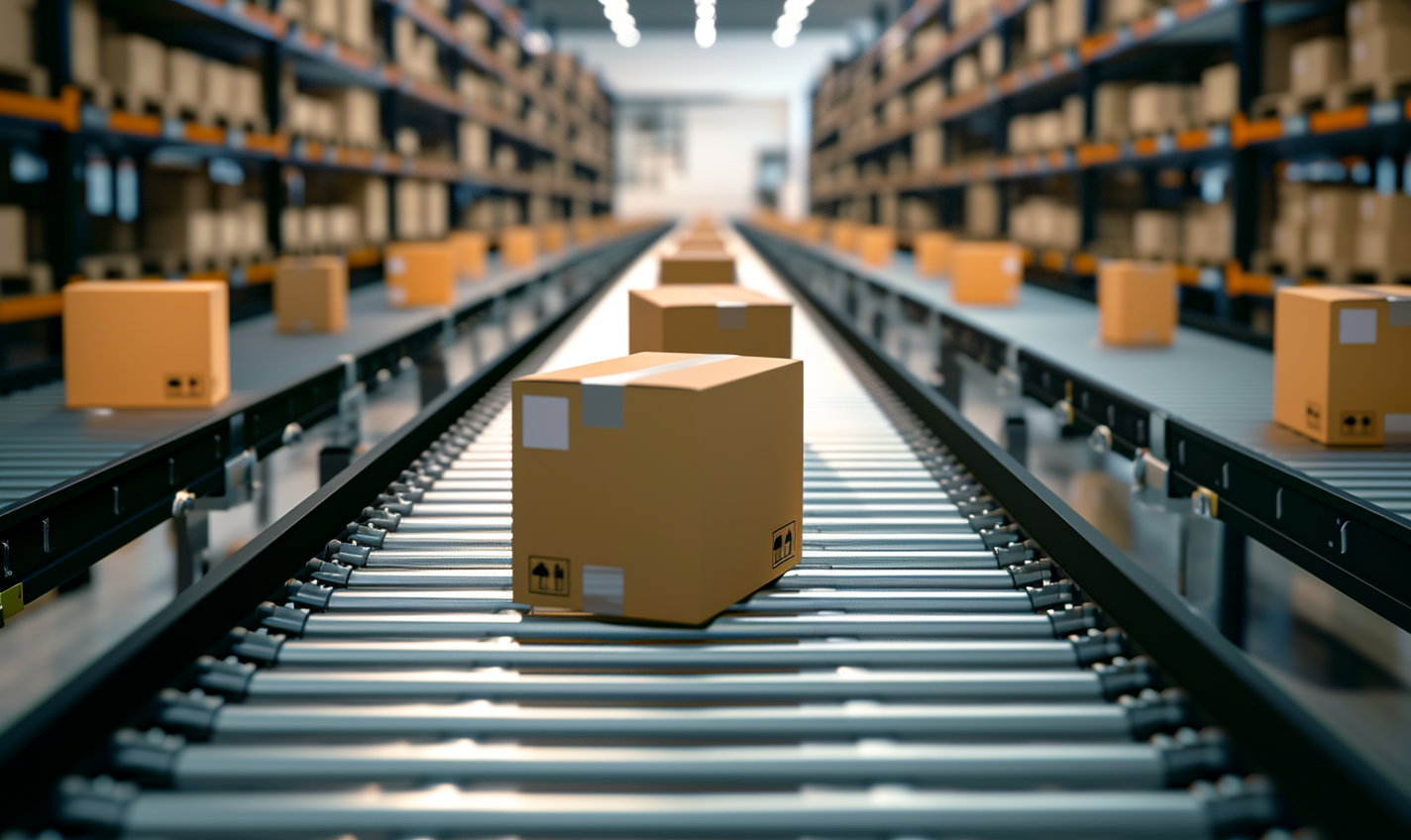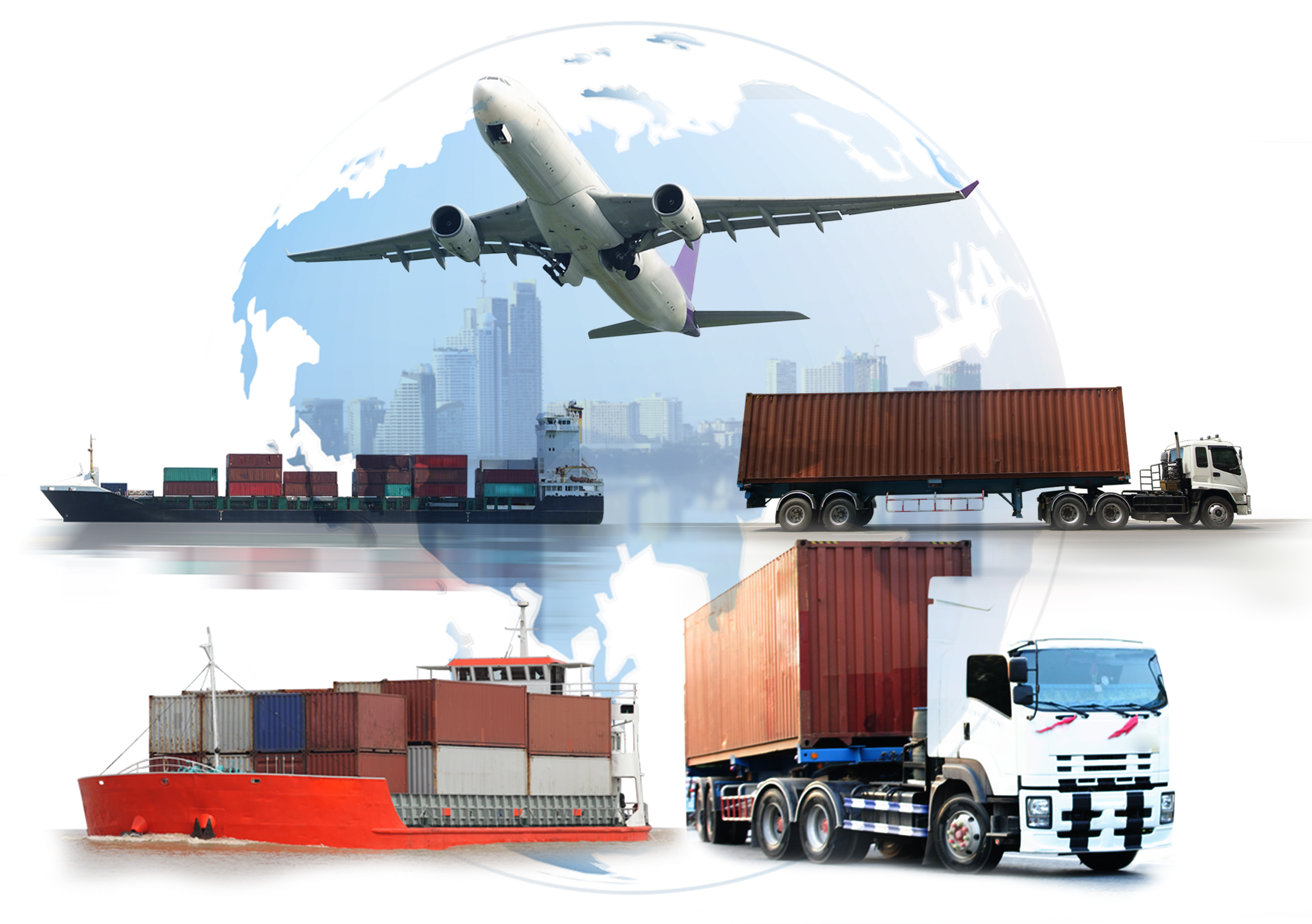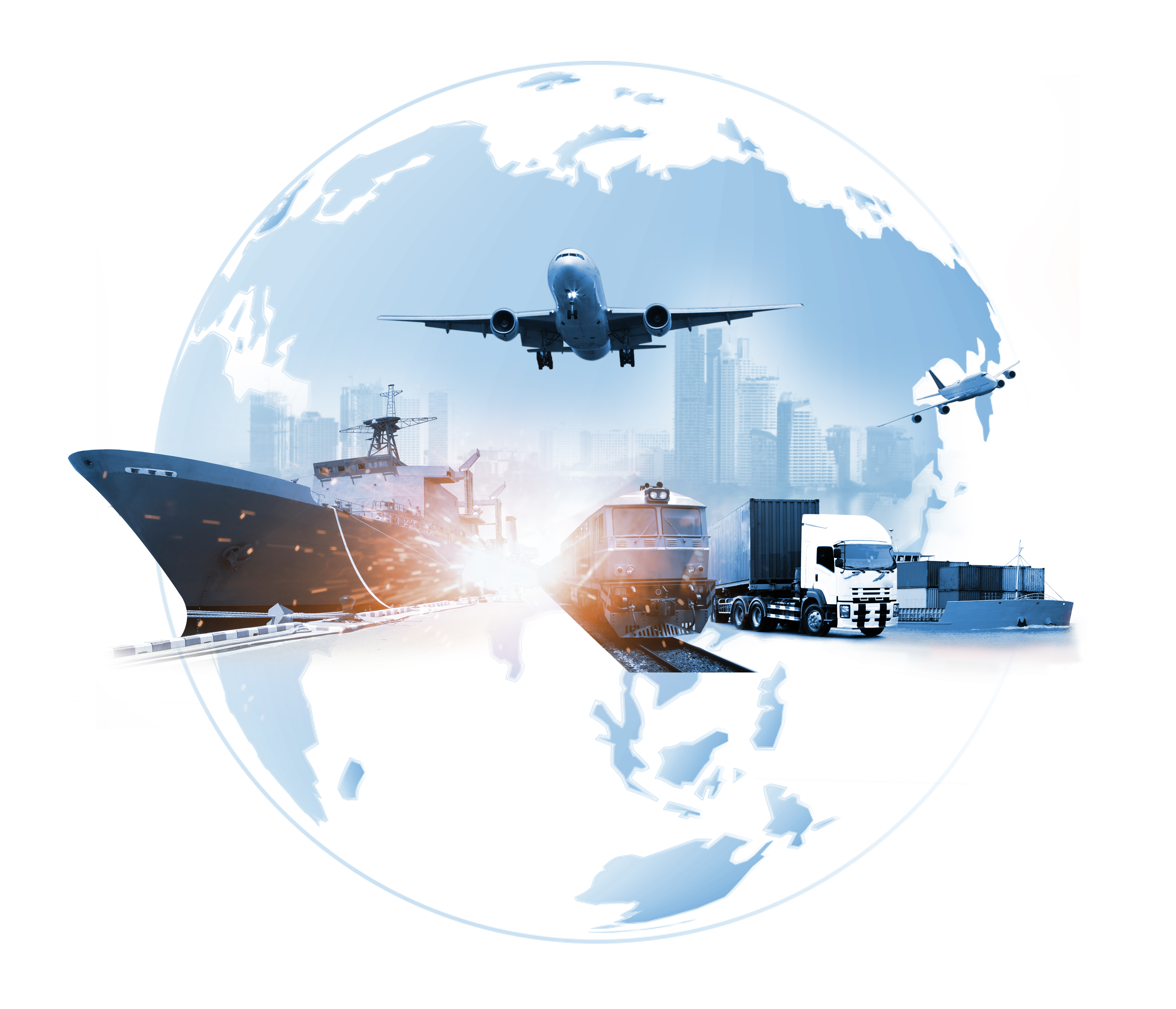Customs clearance and logistics services form an integral nexus in the global supply chain, ensuring the smooth movement of goods across international borders while adhering to complex regulatory frameworks. These services encompass a spectrum of activities that begin long before a shipment departs its origin and continue until it reaches its final destination, requiring expertise in both logistical coordination and regulatory compliance. At the heart of customs clearance and logistics services lies the meticulous preparation and submission of documentation. This includes accurately completing commercial invoices, packing lists, certificates of origin, and any other documents mandated by the importing and exporting countries. Professionals specializing in customs clearance and logistics services possess in-depth knowledge of tariff codes, duty rates, and trade agreements, ensuring that each shipment is classified correctly to avoid delays or penalties. This precision in documentation is complemented by real-time communication with customs authorities, allowing for the swift resolution of any queries or discrepancies that may arise during the clearance process. Logistics services, when integrated with customs clearance, create a seamless flow of goods. This integration involves strategic planning of transportation routes, whether by air, sea, or land, to align with customs processing timelines. For instance, selecting air freight for time-sensitive shipments ensures that goods arrive at customs checkpoints when they can be processed expeditiously, minimizing storage costs and delays. Similarly, for larger shipments, sea freight is coordinated to coincide with customs clearance windows, ensuring that containers are not held up unnecessarily at ports. Another critical aspect of customs clearance and logistics services is risk management. Professionals in this field stay abreast of changing trade policies, sanctions, and security regulations to mitigate potential risks. They conduct thorough checks to ensure that shipments do not contain prohibited items and that all parties involved in the transaction are compliant with international laws. This proactive approach not only prevents costly delays but also protects businesses from legal repercussions that could arise from non-compliance. Technology plays a pivotal role in enhancing the efficiency of customs clearance and logistics services. Advanced software platforms are used to automate document submission, track shipment status, and analyze data to optimize clearance times. These tools integrate with customs databases, allowing for real-time updates on the progress of clearance and enabling logistics providers to adjust their plans dynamically. Additionally, digital communication channels facilitate instant collaboration between shippers, logistics providers, and customs authorities, streamlining the entire process. Furthermore, customs clearance and logistics services are tailored to meet the specific needs of different industries and product types. Whether handling perishable goods that require temperature-controlled transportation and rapid clearance or high-value items that demand enhanced security measures, these services are customized to ensure compliance with industry-specific regulations. This specialization ensures that each shipment receives the attention it requires, from the initial documentation to the final delivery, guaranteeing a smooth and efficient cross-border movement.


